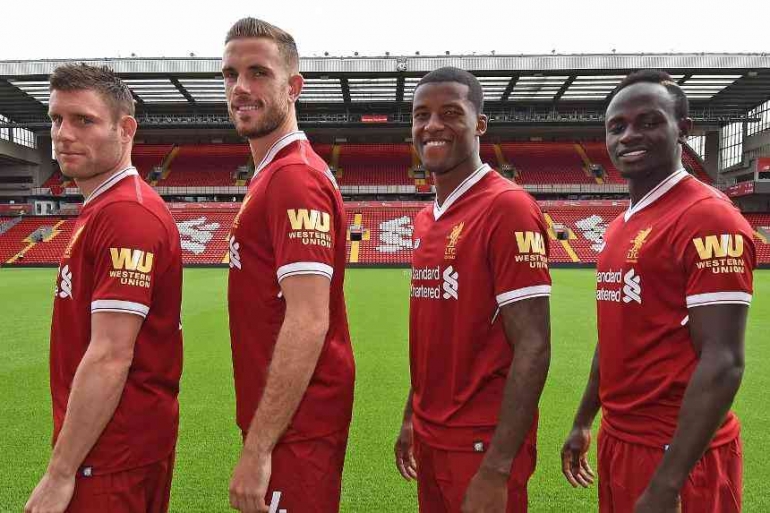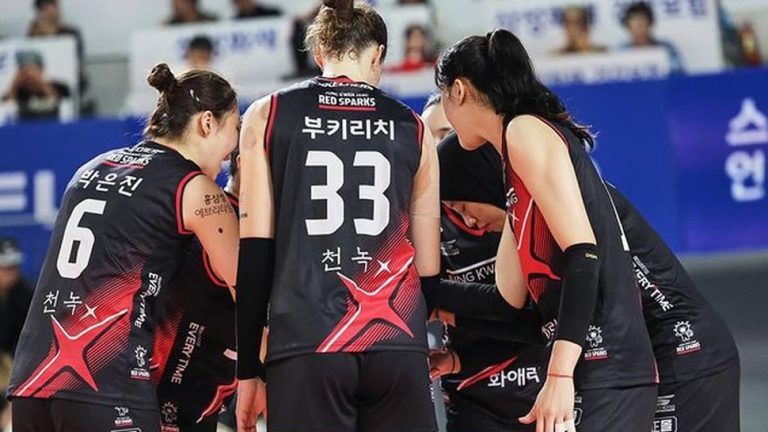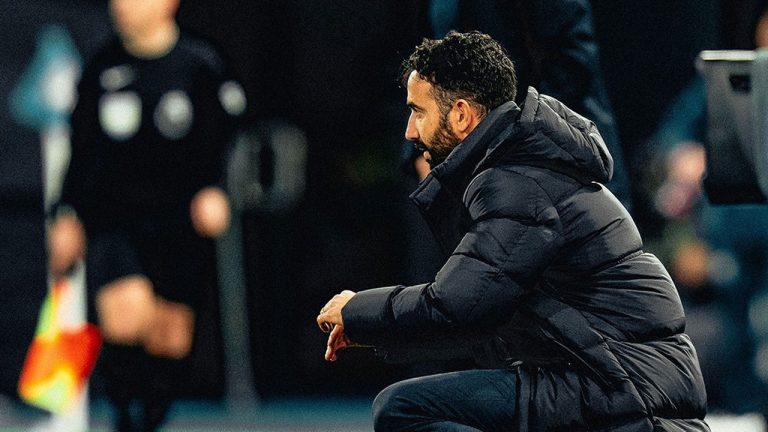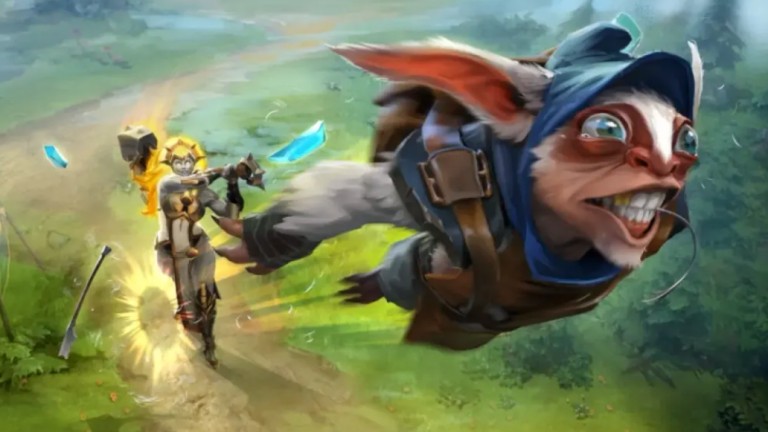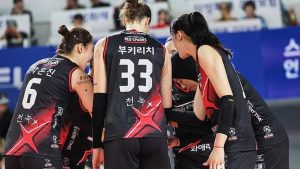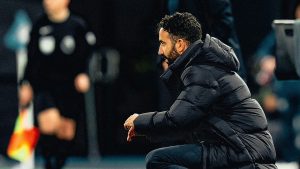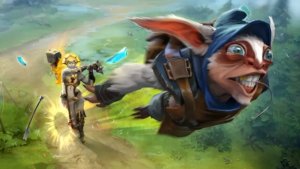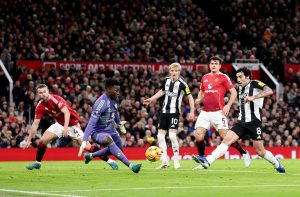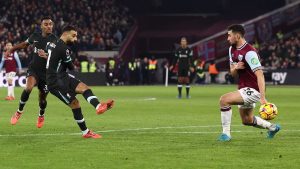Tottenham Hotspur hit the news when they got a contract for a sleeve sponsor, or the sleeve sponsor on the club’s jersey, from the South African government. On 1 February, according to the London Times, the two parties signed a contract worth 42.5 million pounds, for three seasons.
With the contract in hand, the South African government can promote their country’s tourism in the Premier League, through the sleeves of the Spurs players’ uniforms. Maybe it will sound like “Visit South Africa”.
And, the contract is the most expensive sleeve sponsor contract in the Premier League so far. Also clearly an improvement compared to Spurs’ current sleeve sponsor, Cinch, an online platform for selling cars in the UK which is still valid this season.
Spurs’ contract with Cinch is worth £10 million per season and is valid for five seasons from January 2021. What became news is that the contract was then canceled a week later, because of protests from residents of South Africa. They criticize the ability of the South African government to invest abroad, in large quantities, while in the country economic difficulties continue to be looming.
Despite canceling the broadcast of “Visit South Africa”, sleeve sponsors containing tourism promotions still dominate the Premier League. Manchester United once advertised “Visit Malta”. This season, their sleeve sponsor is DXC Technology, an IT company from the United States.
They are also known to have sent proposals for cooperation with South African tourism and are in talks to sponsor “Visit Saudi” uniforms. It looks like United’s proposal to South Africa will be rejected. Newcastle United holds talks with Botswana in the summer of 2022, while Arsenal have a “Visit Rwanda”.
The “Visit Rwanda” became the focus of attention of human rights activists, who argued that the Gunners were effectively promoting an authoritarian regime in Rwanda. Paul Kagame, president of Rwanda, is an Arsenal supporter.
The history of sleeve sponsorship in the English Premier League began in the 2017-18 season. The sponsor sleeve may only be placed on the left sleeve, replacing the Premier League badge which then moves to the right sleeve.
Since then, various products have appeared on the players’ sleeves, the most notable of which, in the 2017-18 season, seems to be Liverpool with Western Union. This season, Liverpool’s sleeve sponsor is Expedia.
Then, in the 2017-18 season too, only three clubs did not or had not installed sponsors on their arm, namely Arsenal, Manchester United and Tottenham Hotspur. The other seventeen clubs wasted no time on additional revenue opportunities. In line with time, Arsenal, United, and Spurs have put sponsors on his arm. This season, 2022-23, only Nottingham Forest has no sleeve sponsor.
Then, what is the benefit of advertisers promoting their products on the left arm of club players in the Premier League? According to Football Insider, that’s because the Premier League is the most effective advertising platform worldwide, especially from a cost perspective. That was said by Simon Chadwick, professor of Sport and Geopolitical Economy at Schema Business School, Paris.
“Advertising products will appear every day, 24 hours a day, 7 days a week, 365 days a year. People will see the logo and then know what product is installed there. Compare that to a 30-second commercial on a soap opera that costs 70,000 pounds. It’s very effective to advertise in the Premier League, from a cost perspective,” said Professor Chadwick.
Expensive indeed, but more effective than just advertising on television shows. Though it’s just advertisements attached to the arm. There will be even greater exposure and benefits for a product when its name is on the front of the uniform or on the training uniform.
ASL

